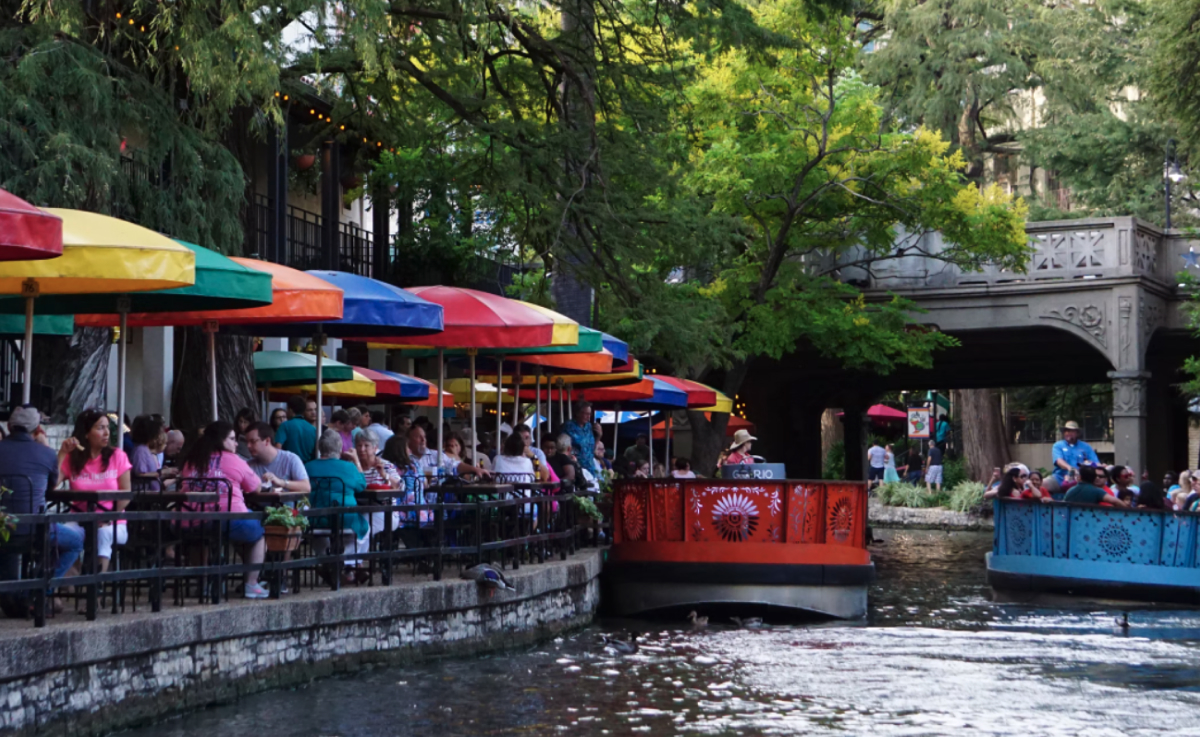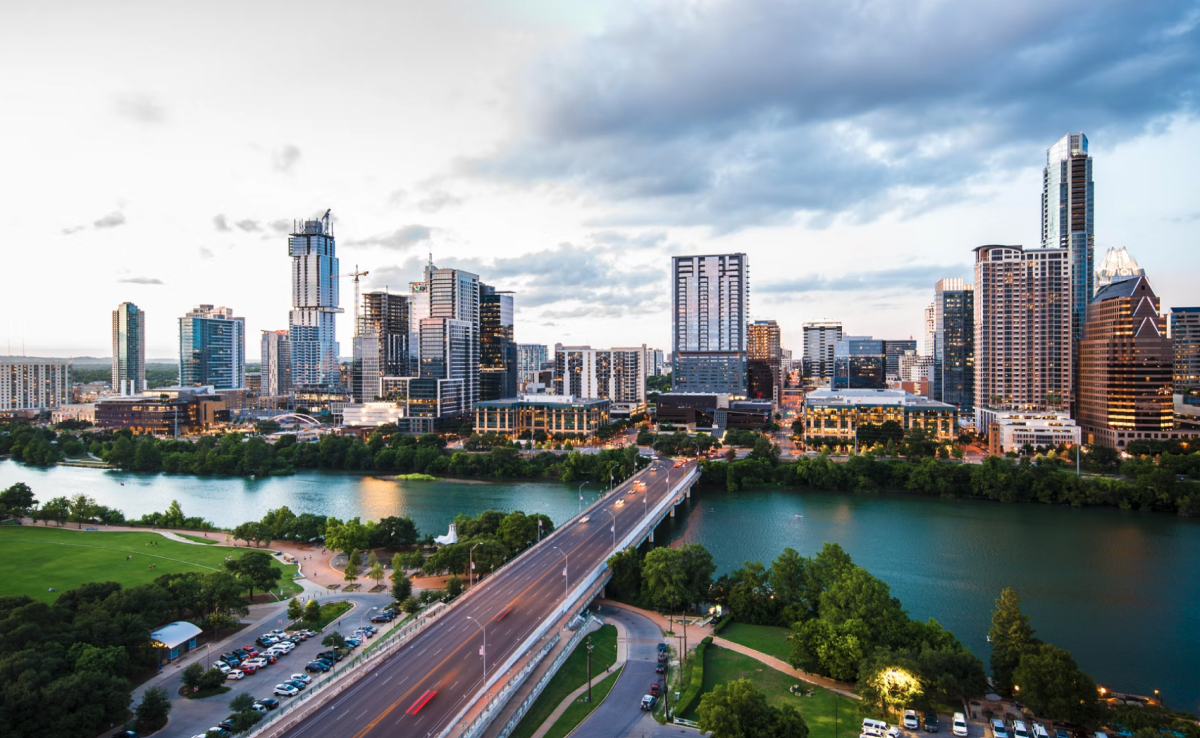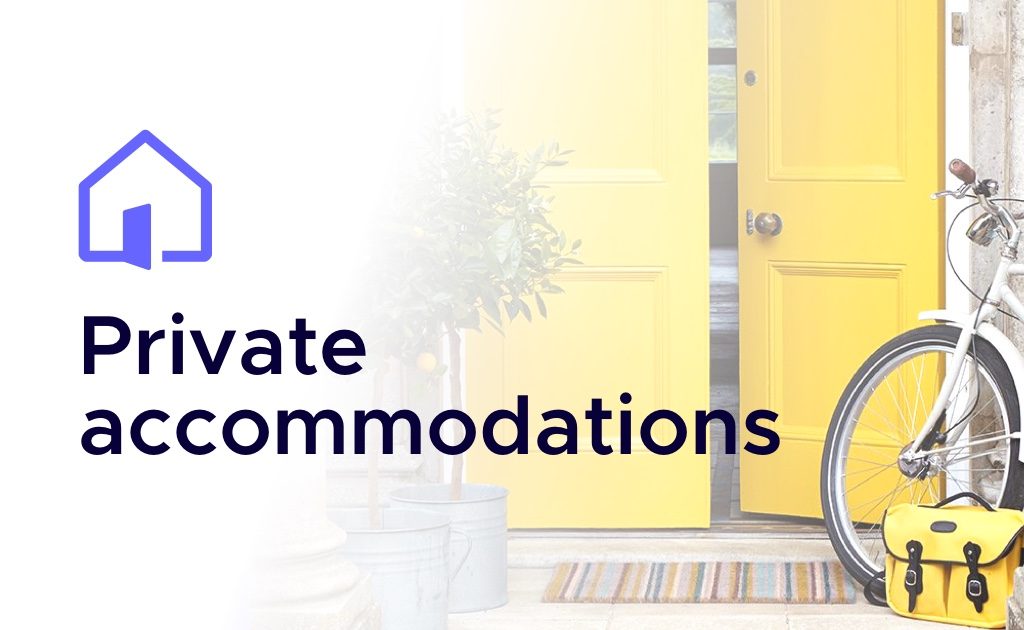Texas short term rental taxes seem crazy. What do you think? Let’s start with the baseline information from the Texas Comptroller website (https://comptroller.texas.gov/taxes/hotel/), that says “The state hotel occupancy tax rate is 6 percent (.06) of the cost of a room.” Ok, and it’s stated that this occupancy tax from guests who rent a room or space in a hotel costing $15 or more each day. There are also two types of exemptions from these so called “HOT” taxes as they seem to be levied on the guest but enforced on the property owner or manager to collect.
The Texas Hotel Occupancy Tax exemptions are (or seem to be, as finding the actual written law is painful):
- Permanent: A permanent exemption is granted to guests who have the right to use or possess a room in a hotel for at least 30 consecutive days, so long as there is no interruption of payment for the period. The guest must notify the hotel of their intent to stay at least 30 consecutive days by providing a letter of intent.
- Certificate: A certificate exemption is granted to guests who are affiliated with certain entities and provide an official Texas Hotel Occupancy Tax Exemption Certificate (Form 12-302) from the State of Texas Comptroller of Public Accounts. Please note that while some entities are exempt from State HOT, they are not necessarily exempt from local/City HOT.
Individual county, city, and local areas also add their own HOT taxes and regulations ranging from 2% in some “unincorporated” rural areas, up to 9% in Corpus Christi & Galveston. Like Dallas that demands an extra 7% tax says: “Hotels are required to collect HOT from their guests for the City. The HOT is equal to 7% of the “consideration” paid by the guest for sleeping accommodations. Consideration means the cost of a room in a hotel, and does not include the cost of any food served or personal services rendered to the occupant not related to cleaning and readying the room or space for occupancy. It also does not include any tax assessed by any other governmental agency for occupancy of the room.”
This ~15% or so seems like a really agressive occupancy tax. Especially considering that Texas imposes a 20 CENT per gallon tax on gasoline, which works out to only 5% of a $4 gallon. Oh, Airbnb is specifically called out and collects these taxes from your guests. So the prices you’re setting could really be some craze percentage lower than what potential guests are seeing. To the tune of 30%+ more with all the airbnb tack-ons. Yikes. Possibly better than outright bans on publicly listed short term vacation rentals.
But these government documents do outline some interesting things, like this use of taxation of the “consideration”. Why would I charge for a tax liable occupancy night (or day as they say), when I could charge a service fee for internet access while my guest stays for free? As the Texas comptroller states about internet taxes: “Texas does not impose sales tax on separately stated internet access charges due to the Internet Tax Freedom Act (ITFA) of 2016, effective July 1, 2020.” Of course you’ll have to tell your guests that the $150 daily internet is a mandatory feature not part of readying their room for occupancy for their $14.99 per night stay in Corpus Cristi. Likely more effectively, you could have any guests simply sign a letter of intent, and pay for “30 days” regardless of how long or short they are actually going to stay. This clearly needs some trust between you and the guest, but seems effective enough.
Better yet, friends and family staying privately (and possibly reimbursing you for some property costs) removes you from any of this shenanigans and lets you get back to enjoying your property with your loved ones. 🙂

I wonder how this tax functions with time share properties. “Owners” don’t usually have the right to use the space for 30 consecutive days. So are they taxed 15% on the nightly rate of their condo association fees and property taxes? Does their mortgage company have to collect these taxes (I would assume not because they are big enough to lobby their way out of it)? Could I pay an annual membership fee and then stay for 5 nights somewhere without incurring the HOT tax?
But, Texas, isn’t there a better way to deal with the proliferation of short-term rental properties? Maybe stop rental arbitrage, maybe double or triple (or 10x, would still be less than the 15% on short term rentals) the property tax rate of any residential property that isn’t the owners primary residence (and yes, that means all residential properties that are business owned too).
**Not legal advice. Consult your local tax, real estate, and legal professionals.

